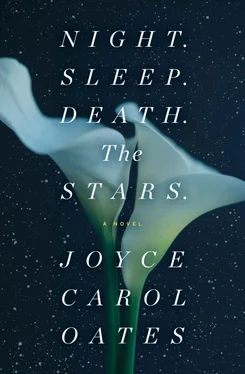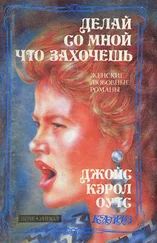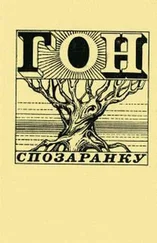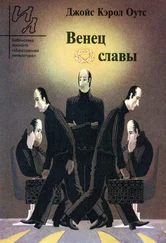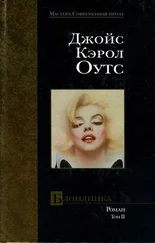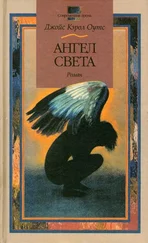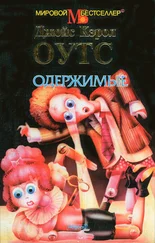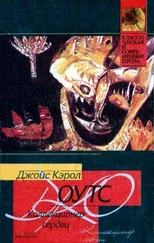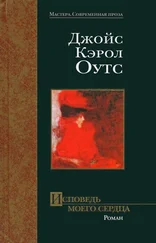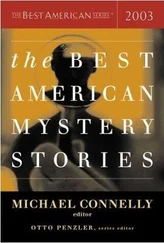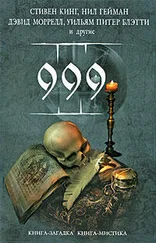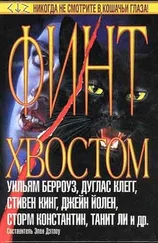Does it happen frequently, that Americans are married in the consulate at Guayaquil?
“Not what you’d call frequently,” Don Bankwell says, “but yes, from time to time. Americans traveling abroad may suddenly have a strong desire to get married. Especially in tropical places. Nearing the Equator we start to feel that things are losing their reality. For the Equator itself hardly exists, it’s more of a sensation. You begin to think, maybe nothing is real. But marriage, the actual thing—that will seem to most people real, permanent.” So the deputy chief of mission declares, in his broad midwestern accent.
Jessalyn and Hugo are impressed. Marriage will seem, to most people, real, permanent. Yes. Yes of course, that must be so.
All things come to an end and melt into the stream. Husband and wife may vanish but their marriage is a permanent historical record.
Here is a remarkable coincidence: on a wall in the consulate reception area are several prints of photographs by Hugo taken years before in the Amazonian rain forest and given an exhibit, with other photographs of the Amazon, in the Whitney Museum, New York City, 1989. Hugo is astonished to recognize the several framed prints on the wall, and the deputy chief of mission is thrilled.
“ You are this photographer? Martinez?”
It is such a pleasant surprise, staff workers are called to see. Too bad, the consul general isn’t in his office! They have all been admiring these photographs, it seems, for months, if not years; and here, the handsome mustached photographer, in white cord suit, blue-striped shirt, sharp-creased trousers and open-toed sandals, stands smiling before them, accepting compliments and congratulations like a king, or a bridegroom.
So friendly, the deputy chief insists upon taking the newly married couple, and the gorgeous Margarita, around the corner to an outdoor restaurant for champagne.
“It isn’t every day that I marry a great artist,” the mission chief says gravely. “And such a beautiful gracious señora .”
Margarita keeps a close eye on the deputy mission chief as if she fears that the American diplomat, middle-aged, going to fat, clearly and hopelessly in love with her, is in a tremulous state this morning.
Champagne!—a second round of toasts.
Even before the champagne Jessalyn has been feeling light-headed. A wave of vertigo.
If she were to shut her eyes and then open them, would she have any idea where she was?
Oh, Whitey! Where have you sent me.
Staring at her (new) husband: in his cord suit, striped shirt open at the throat. Very dashing, handsome. Is he a (Hispanic) film star just slightly past his prime? Or, rather—a world-renowned artist? His warm coffee-colored skin is flushed with pleasure, his dark eyes very bright. In moments of agitation he has a habit of plucking at his mustache. A wife will (eventually) try to discourage this habit, but not quite yet.
Jessalyn has made this man happy, has she?—perhaps then, Hugo will make Jessalyn happy in turn.
He’d insisted upon buying a dress for Jessalyn that morning, for her to be married in. White linen with short sleeves and a scooped neckline, the better to show off the bottle-blue glass beads he also purchased for her at a boutique on the avenue, where they’d picked up the matching silver rings. And an exquisite white lace shawl draped over her shoulders, as a bridal veil.
Poor Whitey had not known what to buy Jessalyn for birthdays and special occasions. A sort of shyness had paralyzed him. How very different Hugo Martinez who has given Jessalyn dozens of gifts during the relatively short time he has known her—handcrafted jewelry, scarves and shawls, hats, even dresses. Even a pair of “hiking sandals”—rubberized sandals with closed-in toes, very ugly but practical, ideal for the Galápagos. (How did Hugo know her size? He’d taken one of her shoes to the sporting equipment store.) Nothing shy about Hugo whose confidence in his own good taste is considerable.
Hugo examines the wedding certificate with its gilt seal of the United States of America— Jessalyn Sewell McClaren, Hugo Vincent Martinez . The date of the marriage is January 11, 2012.
Hugo asks the mission chief, is this actually legal? Will it be recognized in the United States?—Bankwell assures him yes of course, it will be.
Shaking hands in parting. Don Bankwell is flushed with drink, moved nearly to tears. Beautiful Margarita will guide him back to the consulate, brew black coffee to sober him up. Gracias! God bless you.
After the champagne celebration Jessalyn purchases postcards in the hotel lobby. She will write home to her family at once. She has no intention of deceiving them.
To each of the children, a separate card. Though the message is identical:
Hugo and I were married this morning in the U.S. consulate at Guayaquil, Ecuador. Please be happy for us!
AND WHAT HAVE THEY FORGOTTEN?Hugo suddenly realizes.
“We need prenuptial contracts. You are too trusting, dear.”
Prenuptial contracts! Jessalyn wonders if this is one of Hugo’s jokes, for Hugo has a whimsical sense of humor; but she sees that he has spoken gravely. In response, Jessalyn can only laugh nervously.
Hugo persists: “It’s the first thing your children will ask about, Jessalyn. Especially your older children who are suspicious of me enough as it is.”
Jessalyn tries to protest but her voice falters. Weakly she says, “But it’s too late now, anyway. We are already married…”
In fact no, it is not too late. A prenuptial contract executed after a wedding has no less legal standing than one executed before. And the date is still January 11, 2012.
Hugo insists upon returning to the consulate before it closes that afternoon, to borrow the services of a secretary/typist and a notary public. It isn’t required for them to see one of the diplomatic staff, or Don Bankwell, only just the friendly Ecuadorian receptionist who recognizes the newly married couple and is willing to provide them with a secretary and a notary for a small fee.
Jessalyn is embarrassed at the prospect of such a contract. But Hugo says it’s good for both of them, for instance she can’t claim his house as shared property in the event that they are divorced, or any of his estate until the present day, and he can’t claim hers.
Jessalyn sees that Hugo is joking. The (awkward) humor must lie in the fact, if it is a fact, that Hugo Martinez’s estate is worth much less than Jessalyn’s estate, but Jessalyn wonders if that’s so. Surely Hugo’s photographs are worth a great deal?
But Jessalyn understands Hugo’s seriousness. He wants to show not Jessalyn, but her family, that he isn’t after her money.
He isn’t after the house on Old Farm Road. Or Jessalyn’s shares of McClaren, Inc. Or whatever wealth her deceased husband has left her, bound up in a trust, or scattered among investments.
And so she agrees. What’s the harm in signing a prenuptial?—there is no harm.
Basically, you are saying that all of your life previous to this marriage is walled-off from the new spouse. He/she cannot plunder it unless by a subsequent decision of your own you alter the terms.
Jessalyn could rewrite her will making Hugo a prominent heir. Hugo could rewrite his will. Jessalyn feels a shudder of dismay, thinking of such matters. Whitey’s will!—in the near-catatonia of her initial grief she’d envisioned her husband’s will as an oversized formal document and had searched for it in Whitey’s desk drawers in vain, tears spilling from her eyes; when Thom searched he found the will within minutes, correctly filed in one of Whitey’s drawers: a document of stapled pages of ordinary size.
Читать дальше
